
During Norwegian Ambassador's Visit to Central BookCity:
His Excellency Paal Bjørnestad, Ambassador of the Kingdom of Norway to Iran, during his visit to Central BookCity on Tuesday, November 4, 2025, emphasized the necessity of creating a “two-way cultural highway” between the two nations. In the meeting, held with the senior management of BookCity to map out future collaborations, both parties reviewed four decades of literary and cultural relations and stressed the priority of establishing direct links between Iranian and Norwegian publishing institutions and introducing contemporary Iranian cultural figures to Scandinavian audiences.
The event, planned to familiarize Scandinavian audiences with one of Iran’s most significant private-sector cultural institutions, began with a tour of the various sections of Central BookCity. Mr. Pedram Alvandi, the store manager, provided explanations about the diverse departments of the bookstore, acquainting the Norwegian Ambassador with the extensive scope of the complex’s activities.
Following the tour, a specialized session was held with Mr. Ali Jafarabadi, CEO of the BookCity Institute, the senior managers of BookCity’s cultural, commercial, and publishing divisions, and the Norwegian Ambassador to discuss the prospects for future cooperation.
Jafarabadi: BookCity is a Cultural Holding Company
At the beginning of the meeting, Ali Jafarabadi, CEO of the BookCity Institute, welcomed the attendees and described BookCity’s structure as being far more than just a bookstore. “Today, BookCity operates as a cultural holding company, comprising a chain of 100 branches across the country, a reputable publishing house named Hermes Publishing, a commercial company active in the international sphere, and a dynamic cultural affairs department,” he said.
Mohammadkhani: The Iran-Norway Literary Bridge Has Been One-Way So Far
Mr. Ali-Asghar Mohammadkhani, Deputy for Cultural Affairs at the BookCity Institute, pointed to the department’s 20-year history of creating “literary bridges” with over forty countries and analyzed the state of translation of Norwegian authors’ works in Iran. Presenting noteworthy statistics, he said, “In the last four decades, there have been nearly 800 print runs of works by Norwegian authors published in Persian. This figure demonstrates the profound interest of the Iranian audience in Norwegian literature and thought.”
Mohammadkhani added: “Writers like Henrik Ibsen and Jostein Gaarder have become part of our cultural memory, and recently, the awarding of the Nobel Prize in Literature to Jon Fosse has sparked a new wave of interest in contemporary Norwegian literature. However, we must say that this literary bridge has so far been predominantly one-way. We are curious to know what the Norwegian audience knows about contemporary Iranian literature and thought. Our goal in this meeting is to find a way to make this connection mutual.”
Kardar: Copyright is Our Professional Principle in Introducing World Literature
Next in the session, Mr. Morteza Kardar, the Managing Director of Hermes Publishing, elaborated on the publisher’s approach to international interactions. Highlighting the long and successful history of introducing Jostein Gaarder to Iranian audiences, he described this collaboration as a prime example of a professional and sustainable cultural engagement. Mr. Kardar stated: “Interestingly, the beginning of Mr. Gaarder’s global fame was almost simultaneous with the start of the translation and publication of his works at our publishing house. From the very first book, The Solitaire Mystery, we pursued this author as a serious cultural project.”
Emphasizing that this success would not have been possible without adhering to international professional standards, he added: “Our fundamental principle from the outset was the acquisition of exclusive publishing rights (copyright) for all his works. This approach is not only an ethical commitment but also a long-term investment in properly and fittingly introducing an author to Iran’s cultural community.” The Hermes director, presenting the comic book edition of the famous Sophie’s World as the latest product of this collaboration, clarified: “This process has not stopped, and we continue to invest in new formats to keep this connection alive. The publication of this graphic version demonstrates our commitment to a dynamic and long-term cultural relationship.” He concluded by expressing hope that this successful model of cooperation could serve as a template for introducing other Norwegian writers and thinkers to Iran.
Nazari: From Specialized Children’s Book Imports to Comprehensive Cultural Trade; A Three-Decade Overview
In another part of the meeting, Ms. Farah Nazari, CEO of the BookCity Trading Company, detailed the institute’s international activities and the challenges ahead. She mentioned that the company was established about thirty years ago with the initial goal of importing specialized children’s and young adult books for BookCity’s first specialized exhibitions. She explained that today, the scope of activities has expanded to include the import and export of various books, cultural products, stationery, music, educational toys, and handicrafts.
She identified two key challenges in collaborating with European publishers: high shipping costs and low discount percentages, which directly affect the final price for the Iranian consumer. She added: “To overcome these obstacles, our strategy has been to cooperate with publishers and distributors who have warehouses in the United Kingdom. This allows us to consolidate shipments and send them to Iran at a more reasonable cost.”
The CEO of the BookCity Trading Company went on to emphasize the principle of respecting intellectual property rights as BookCity’s main policy, stating: “Copyright acquisition is a principle for us. This professional approach has enabled us to have ongoing cooperation with more than 400 reputable global publishers and companies today.” In closing, Ms. Nazari expressed hope for the formation of a commercial-cultural relationship with Norway and declared her company’s full readiness to establish contact with Norwegian publishers and facilitate the process of bringing their literary and cultural works to the Iranian market.
Appreciation of Norway’s ‘Awakened Conscience’ in the Cultural and Humanitarian Arena
Following this, Ali Jafarabadi, the CEO of BookCity Institute, framed the vision for cooperation with Norway as transcending conventional cultural exchanges, calling it a step towards a “new cultural dialogue.” He noted that in a world full of “walls of mistrust,” cultural figures have “no mission but to build bridges,” describing BookCity not just as a store, but as a “home for thinkers” and a public square for the exchange of ideas. In another part of his speech, Mr. Jafarabadi praised Norway’s cultural and humanitarian standing, referring to it as a land that has not only introduced great figures like Henrik Ibsen and Jostein Gaarder to the world but has also raised its “independent and humanitarian voice” in defense of humanity at historical junctures. He likened this stance to the “awakened conscience” praised in Ibsen’s works and emphasized that the goal of this collaboration is not to hold sporadic events but to “foster a sustainable flow” and create a “lasting and deep dialogue” through bridges of literature, philosophy, and theater.
Norwegian Ambassador: BookCity is Reminiscent of Norway’s ‘Houses of Literature’
At the end of the meeting, H.E. Paal Bjørnestad expressed his astonishment at the extensive activities of BookCity and the statistics presented. “I am very impressed. It is interesting to me that a philosopher like Lars Svendsen, who may not be a household name in Norway itself, is so widely read in Iran with nine of his books translated into Persian. This indicates the depth and seriousness of Iran’s cultural society.”
He compared the BookCity model to an important institution in his country, adding: “This space reminds me of the ‘Houses of Literature’ (Litteraturhuset) in major Norwegian cities, which are the main centers for cultural events, dialogue, and the exchange of ideas.”
The Norwegian Ambassador attributed the one-sided nature of the literary relations to a lack of sufficient knowledge on the Norwegian side and added: “We are fully prepared to establish direct contact between you and institutions such as the Norwegian Publishers Association and the directors of the Houses of Literature. We can also facilitate the presence and dialogue of Iranian writers in Norway. The Norwegian Embassy will make every effort to facilitate this process.”
The meeting concluded with an agreement by both parties to continue discussions to formulate a practical and executive roadmap for expanding cultural and literary exchanges between the two countries.

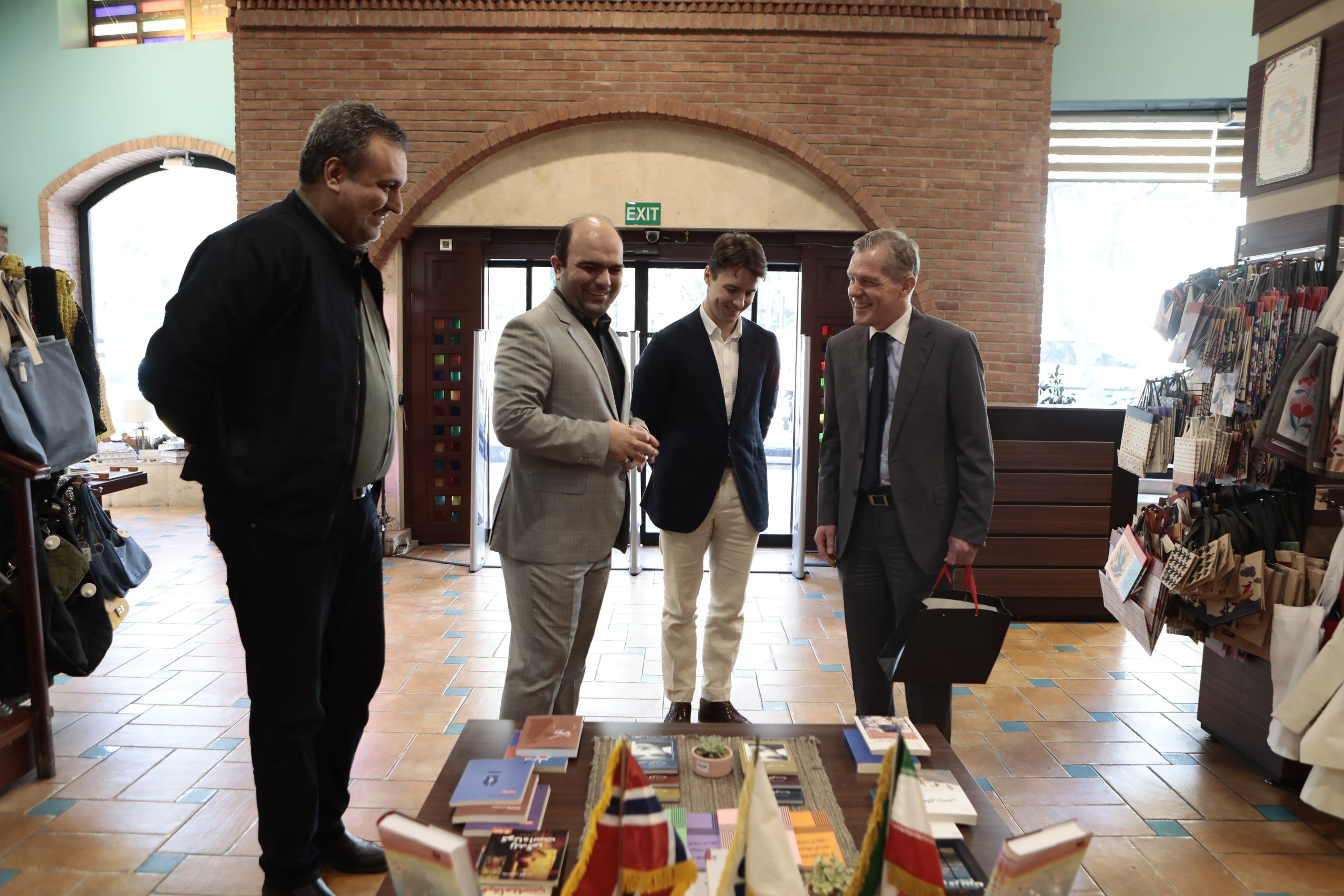
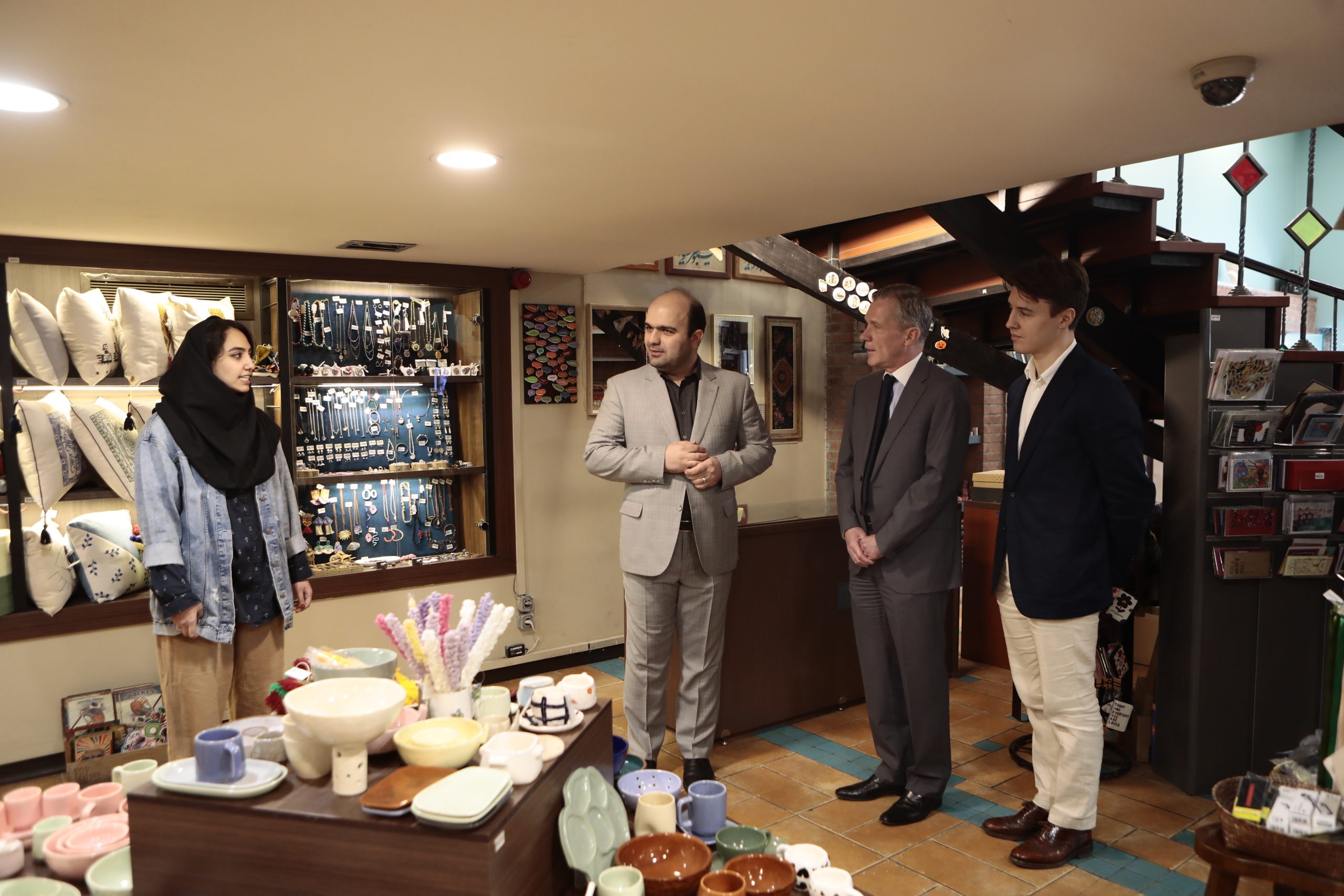
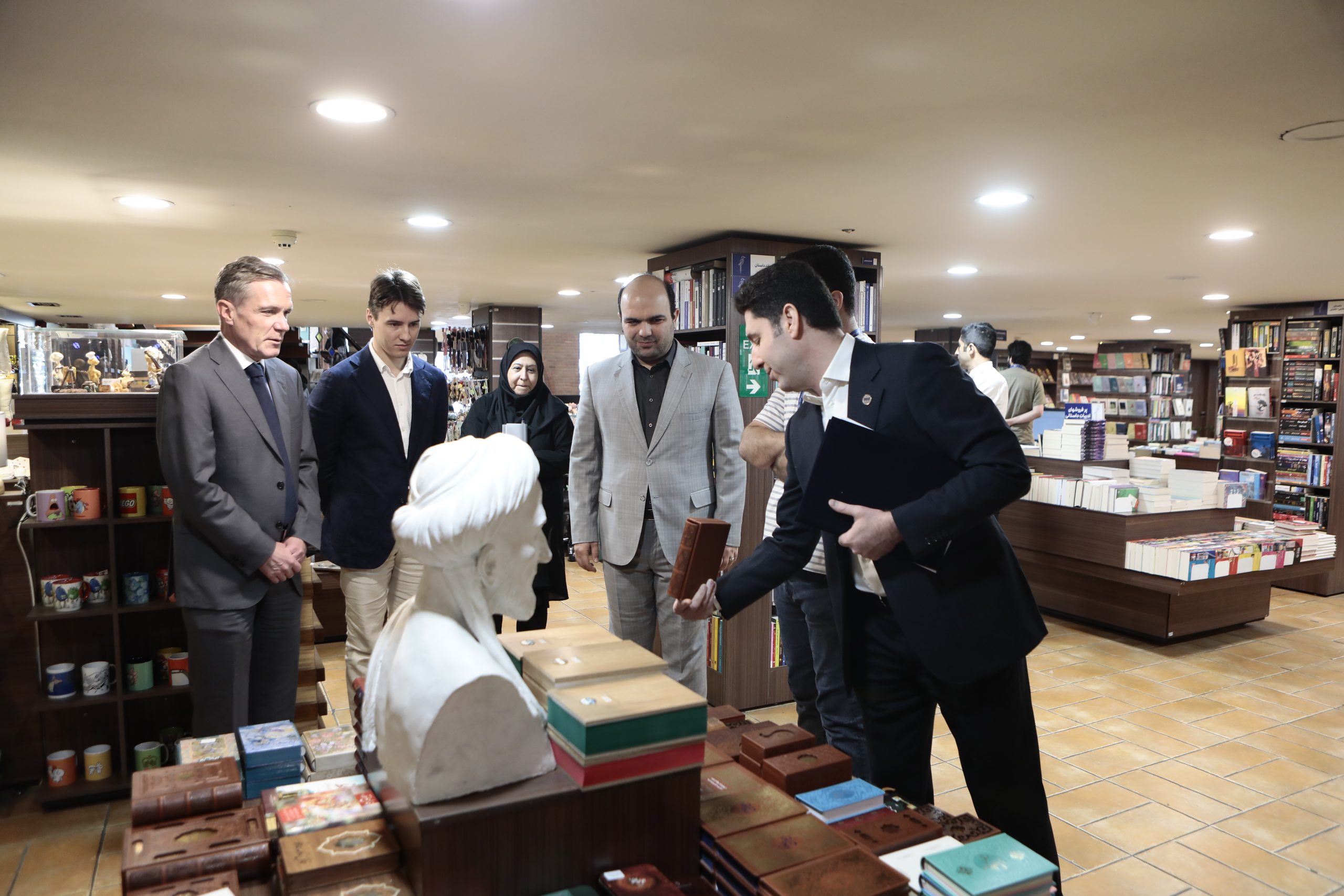
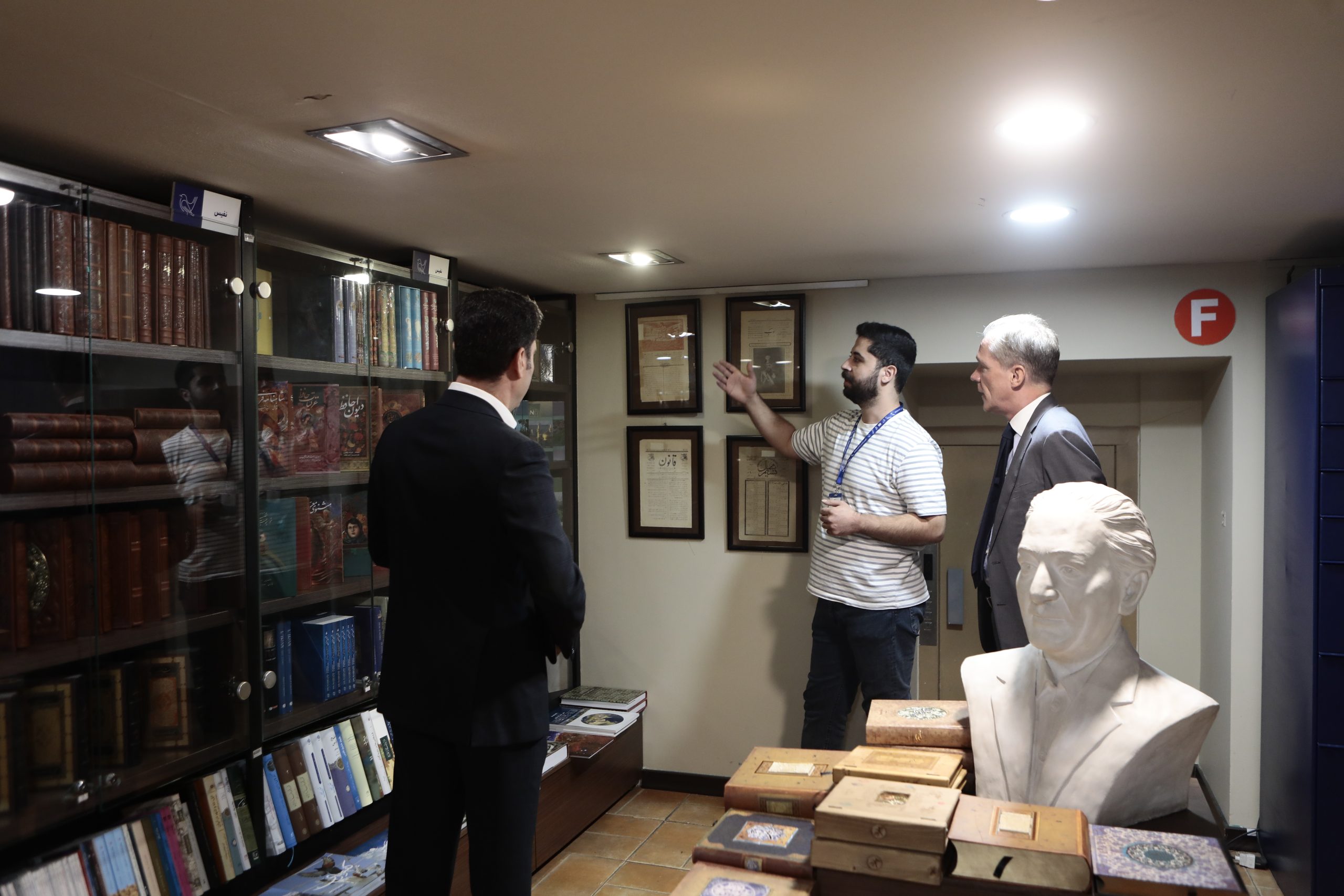

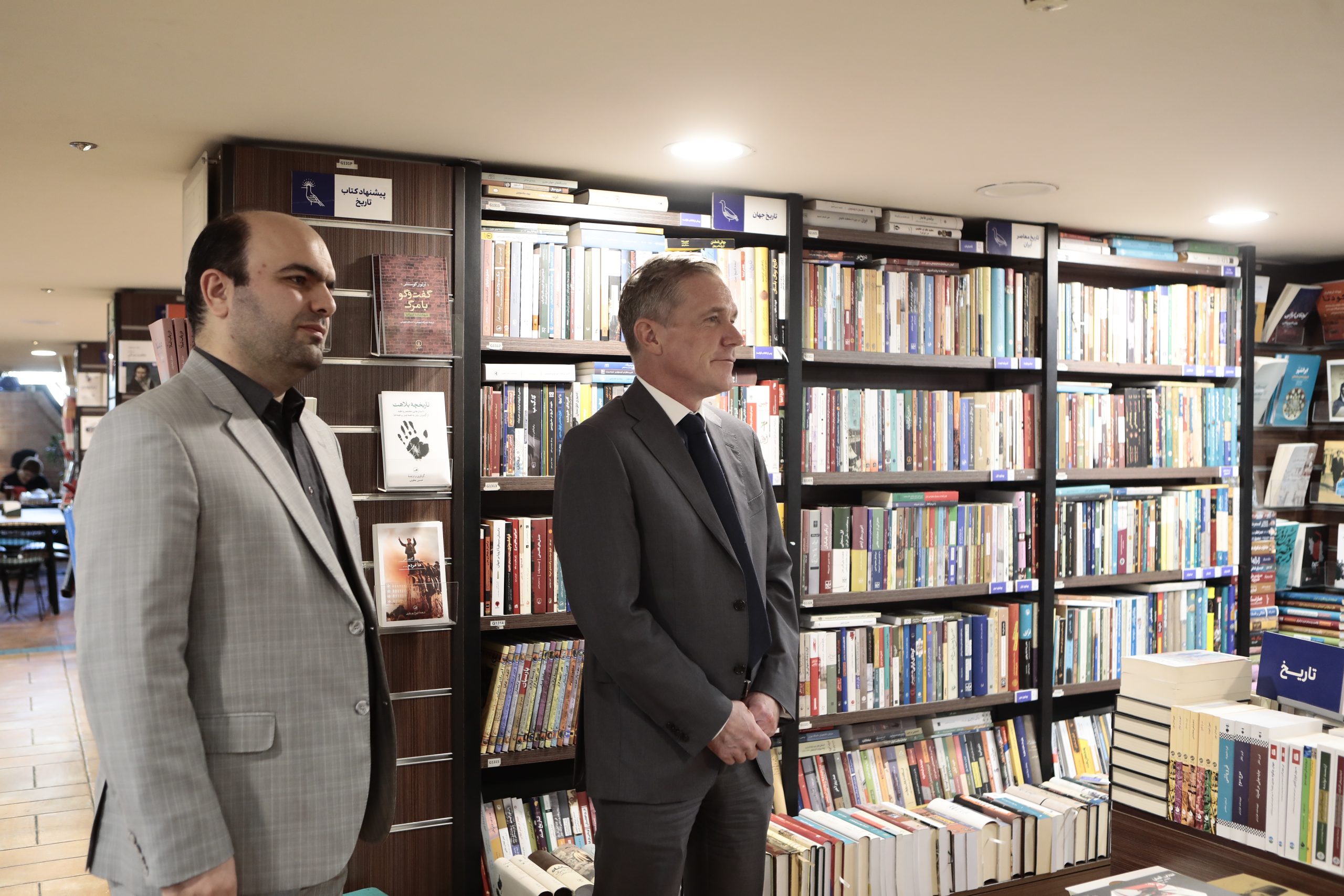

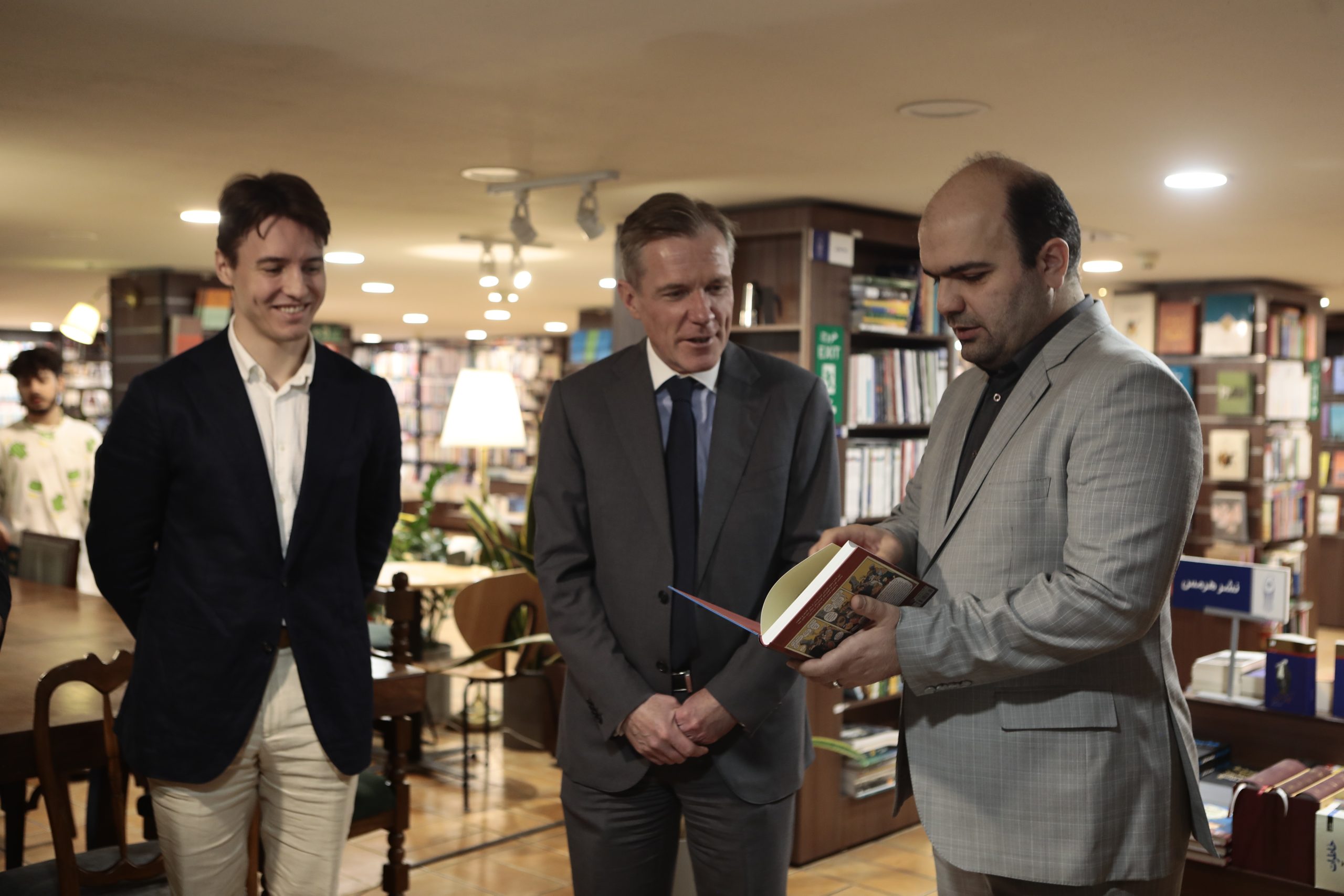

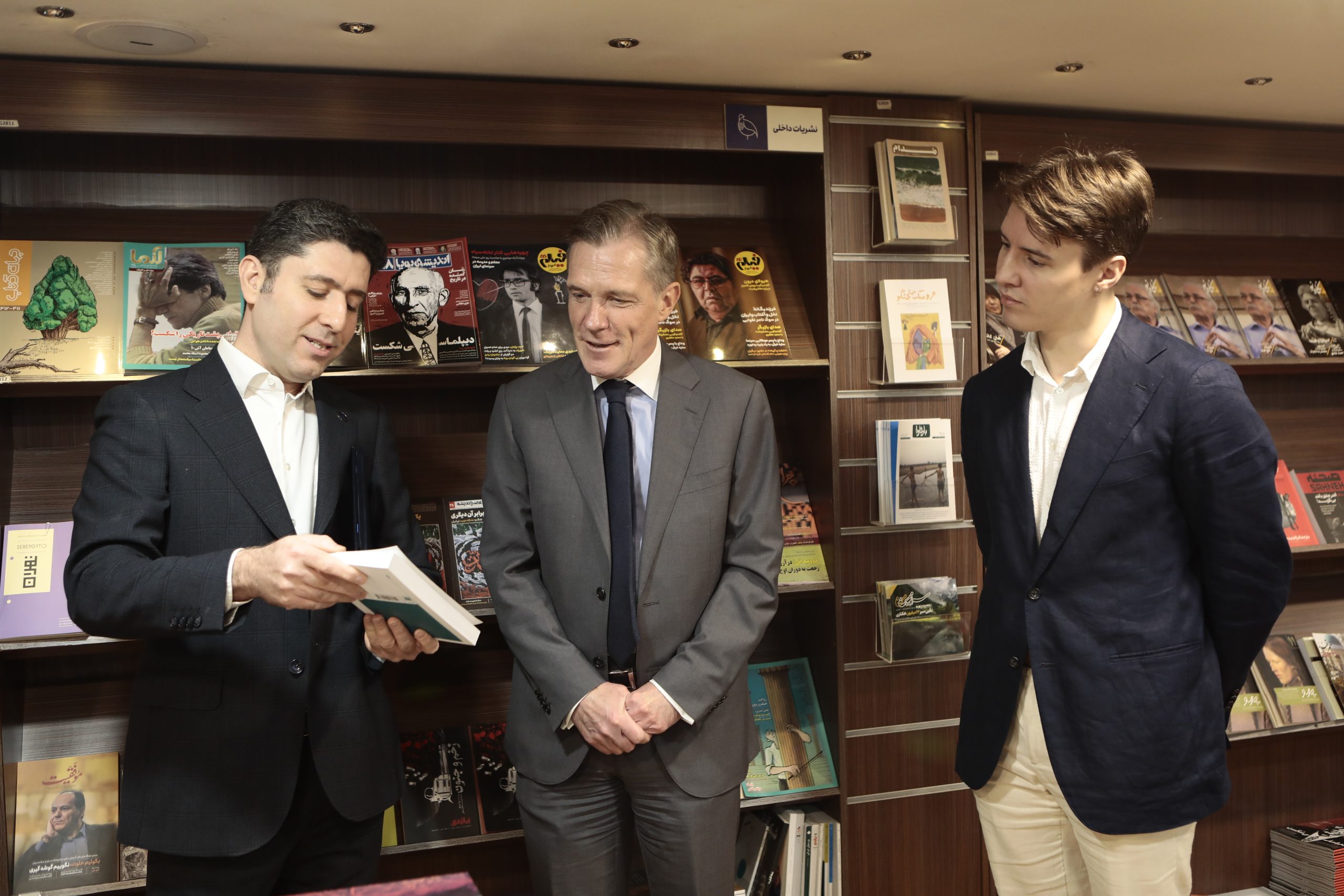
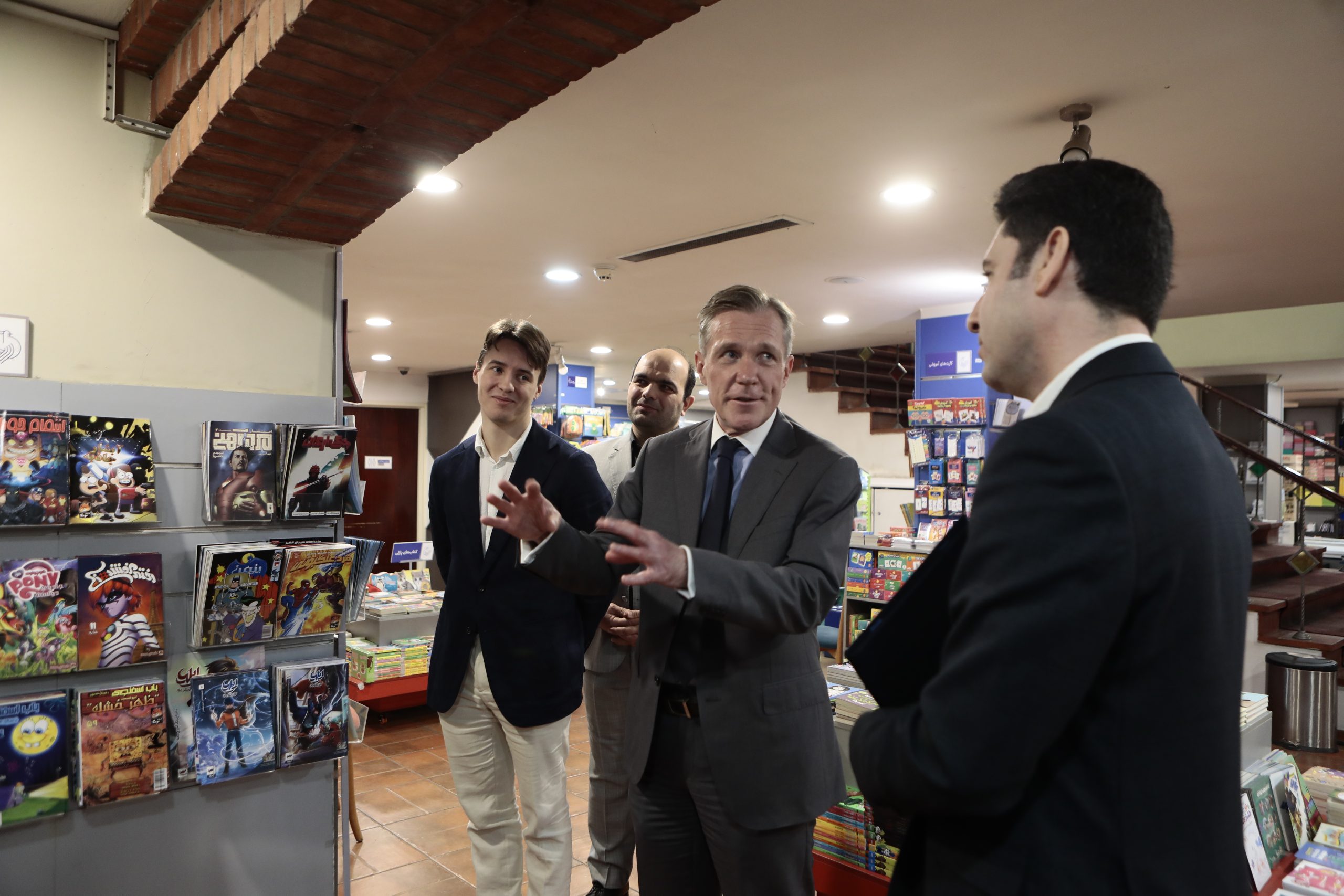

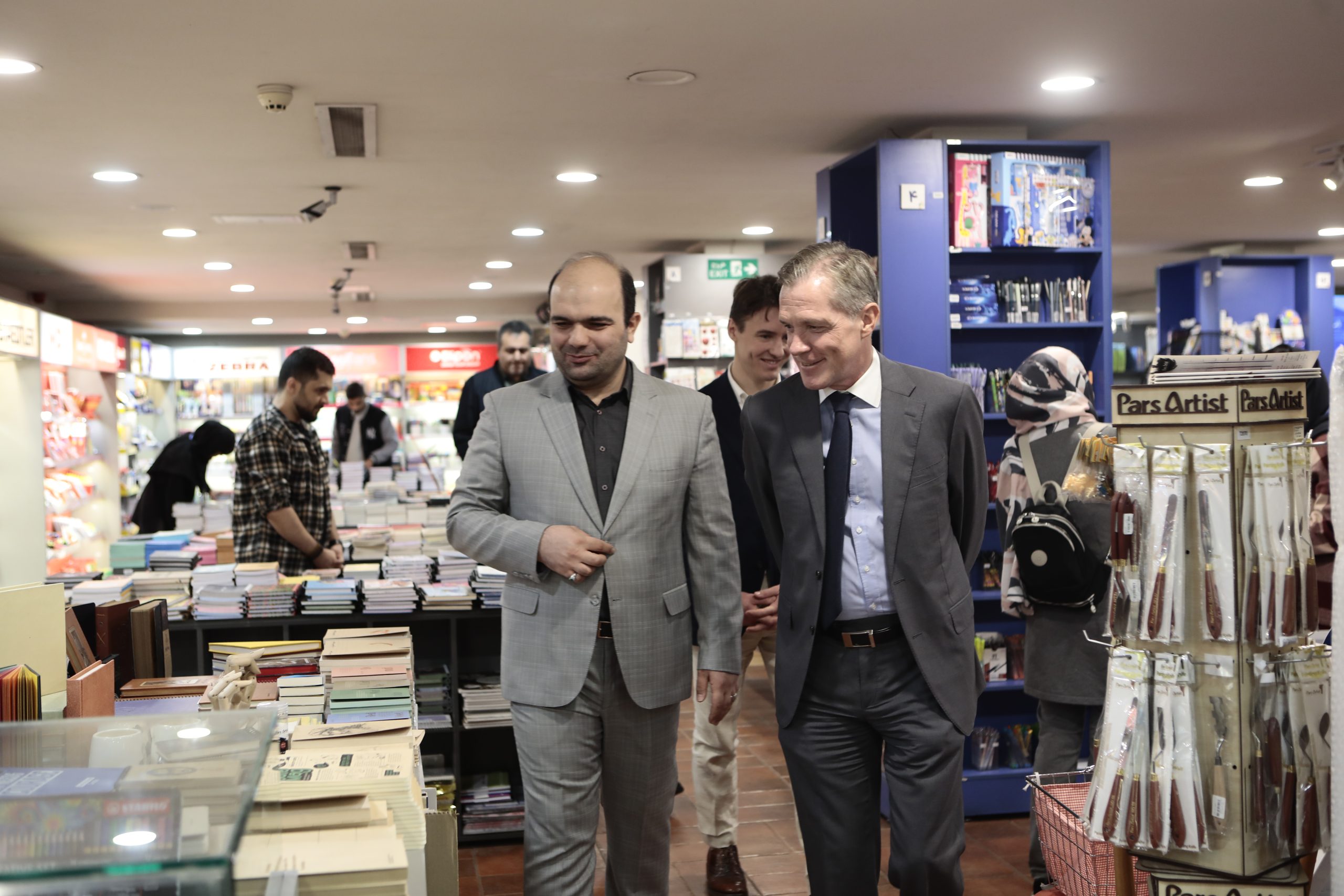
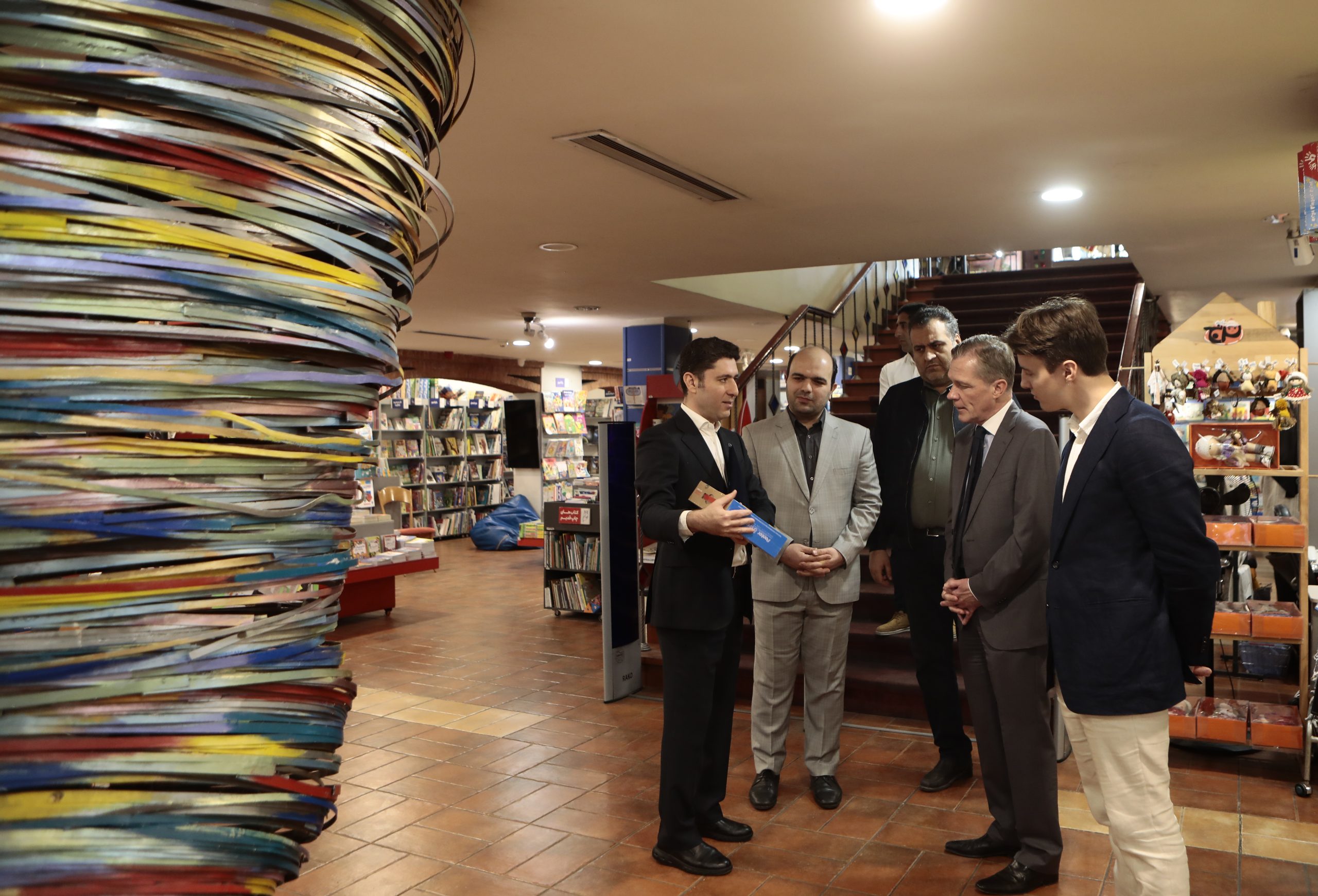
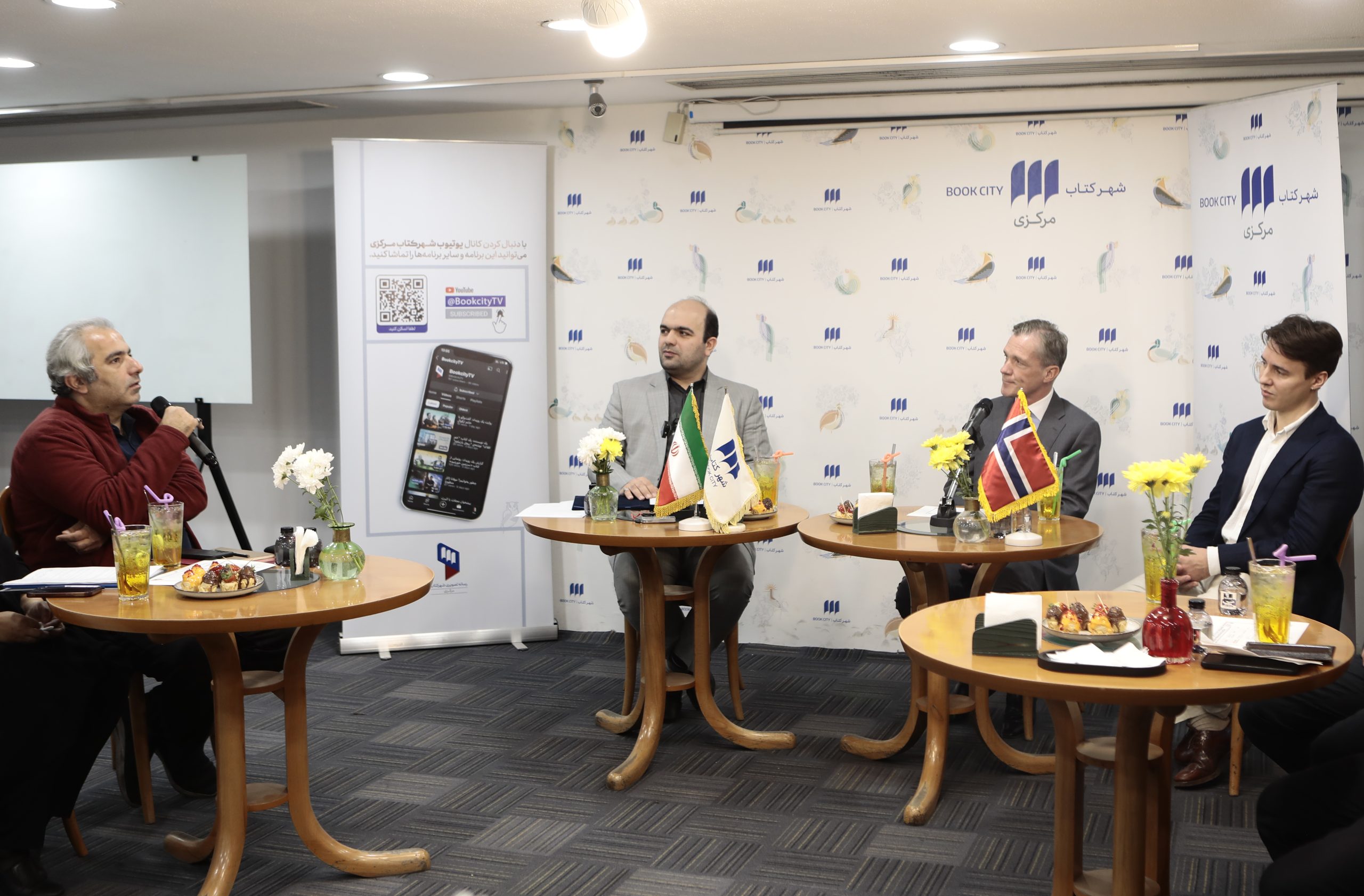
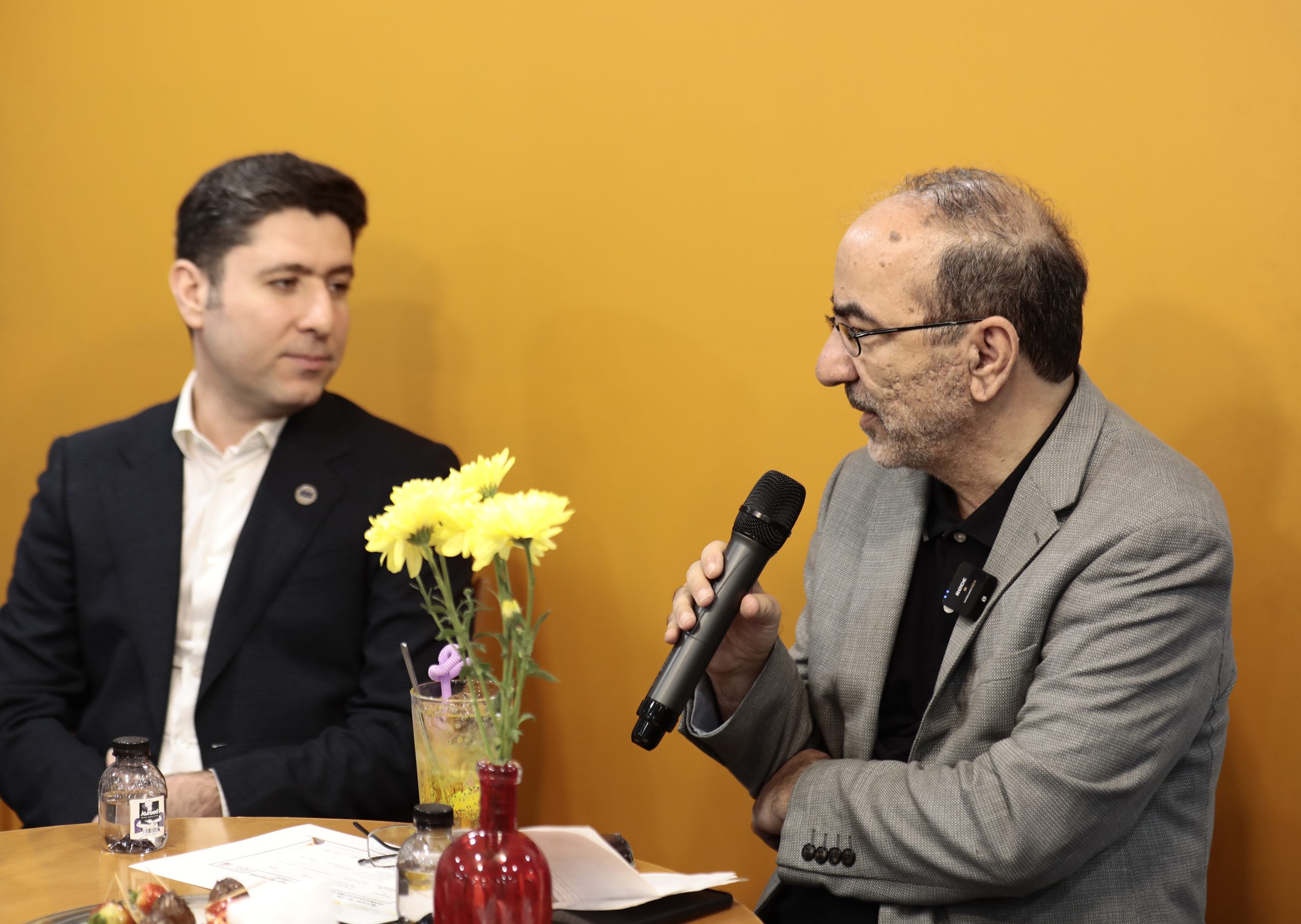
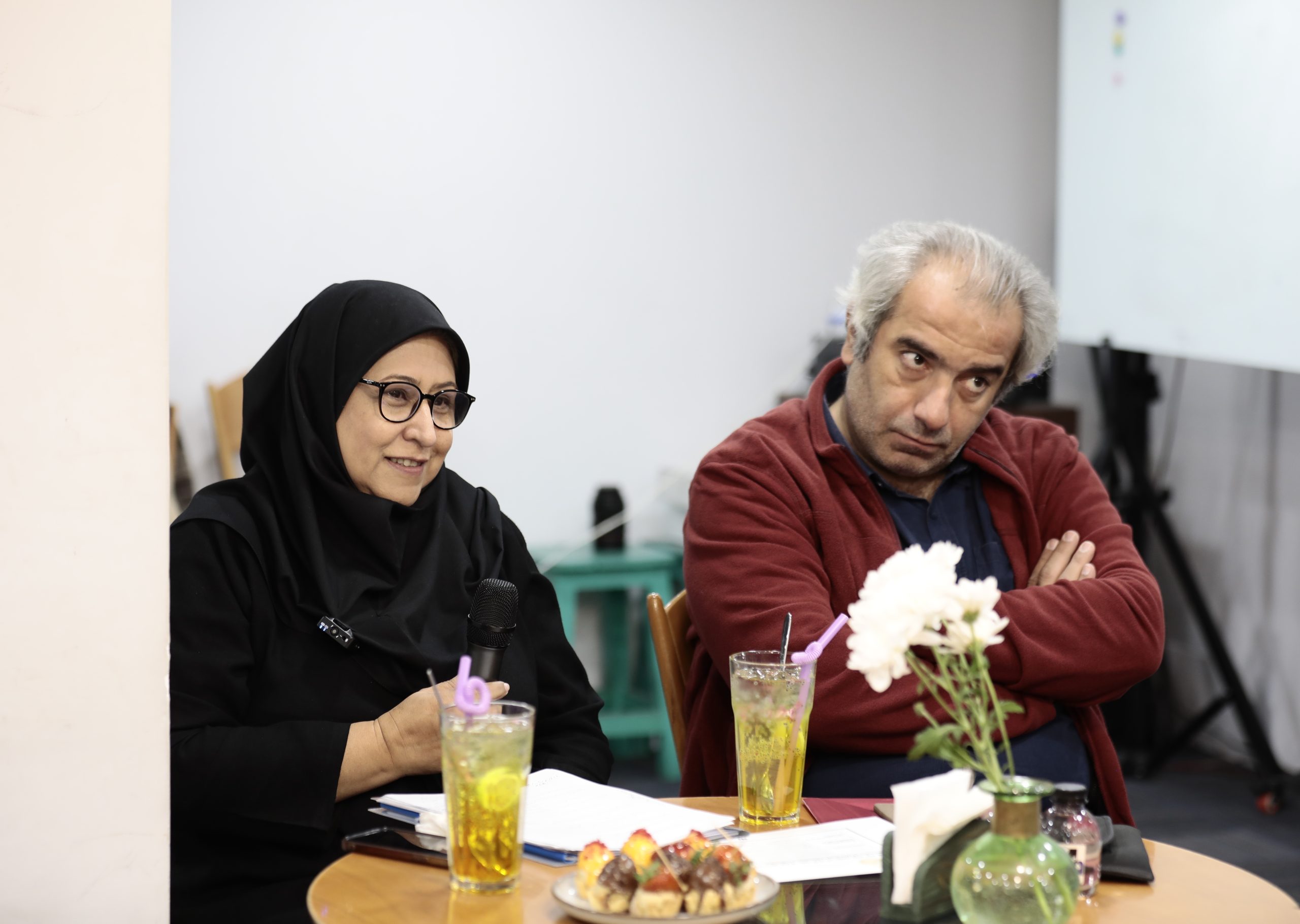
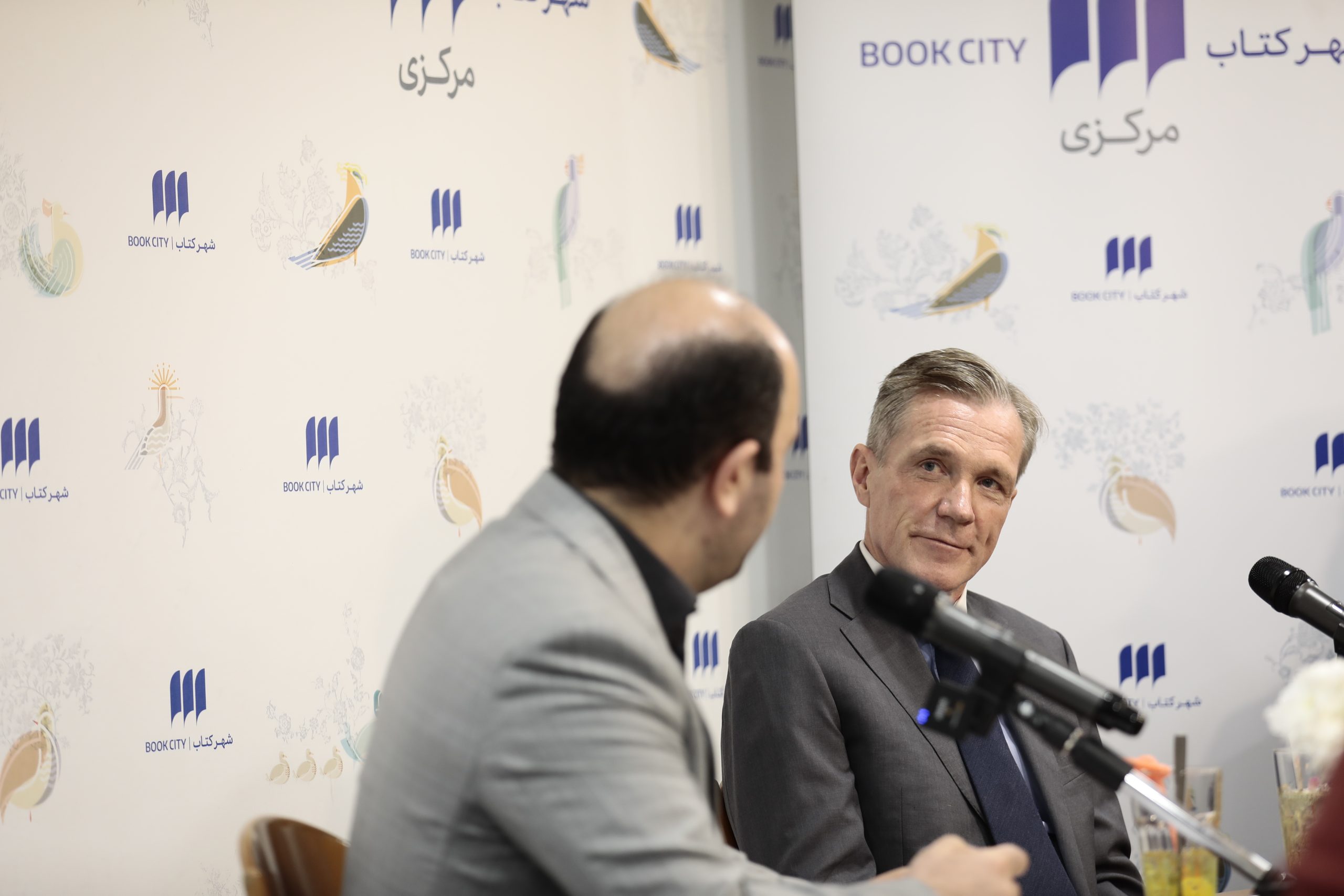


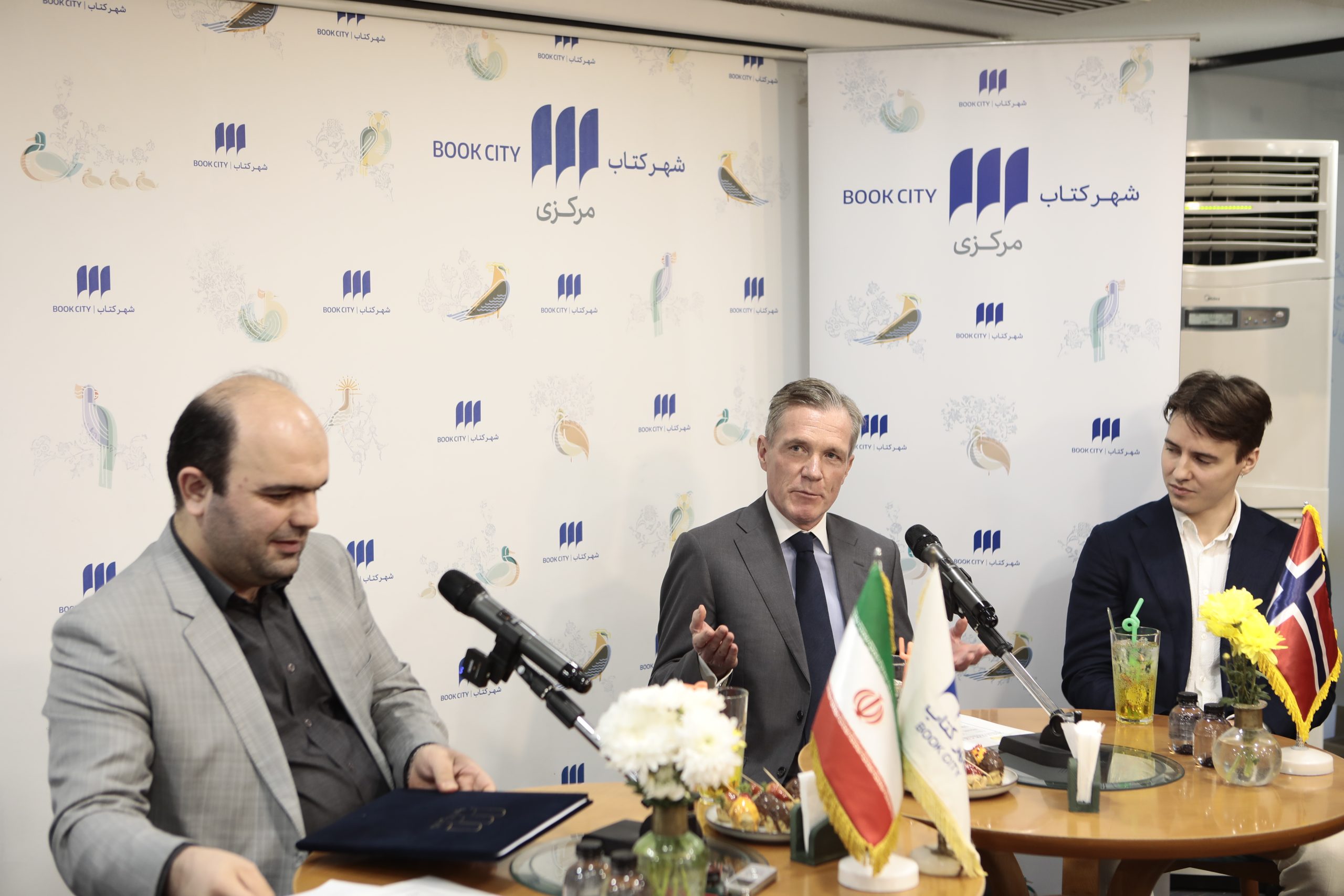

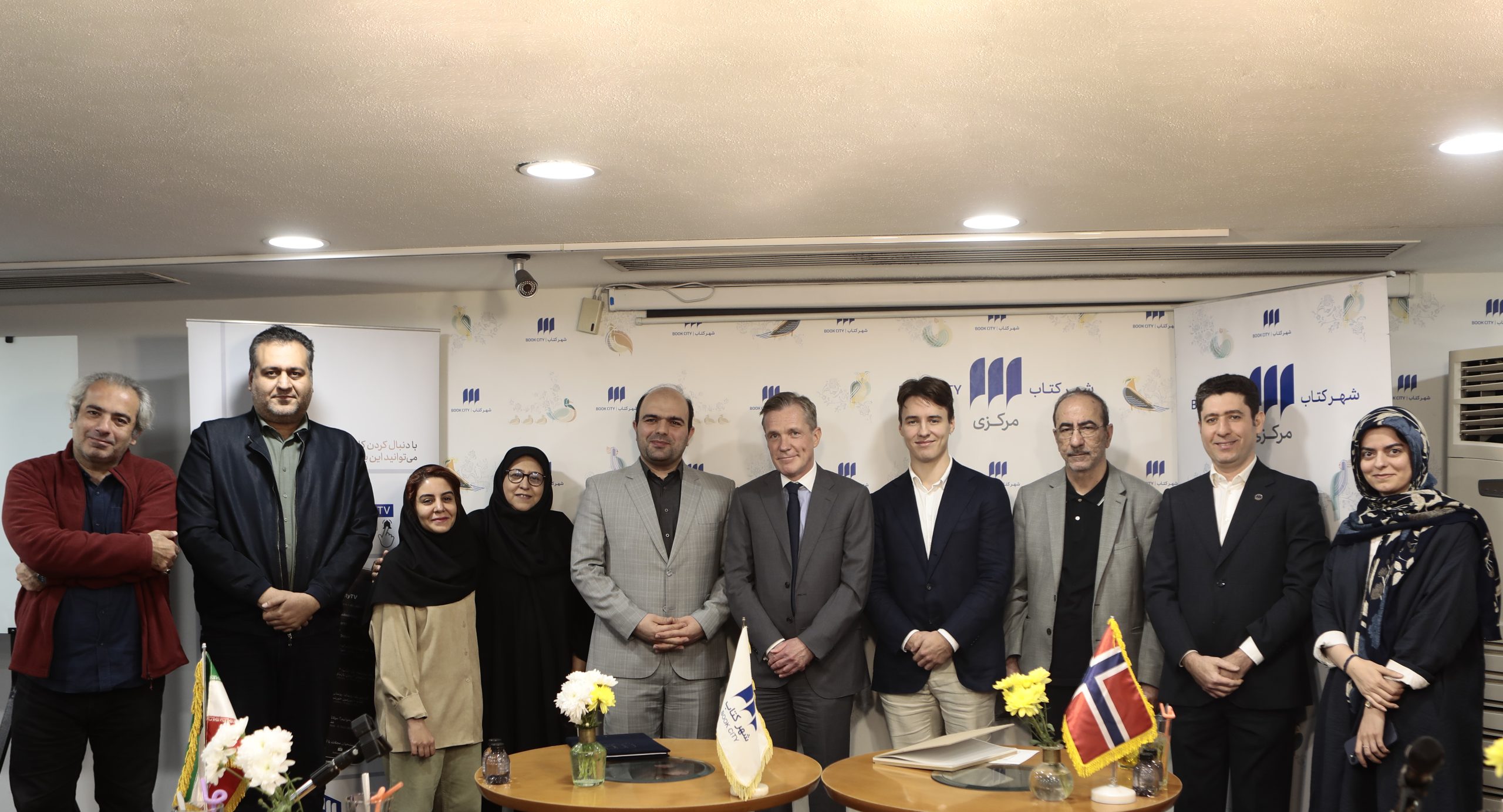
Tags: BookCity, Central BookCity, Norway, Paal Bjørnestad